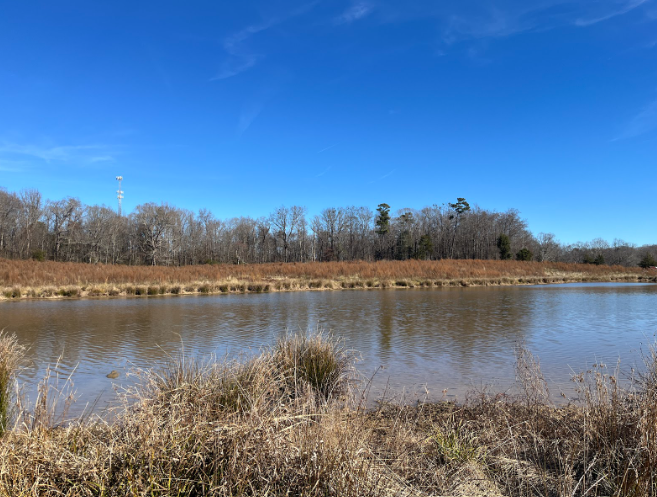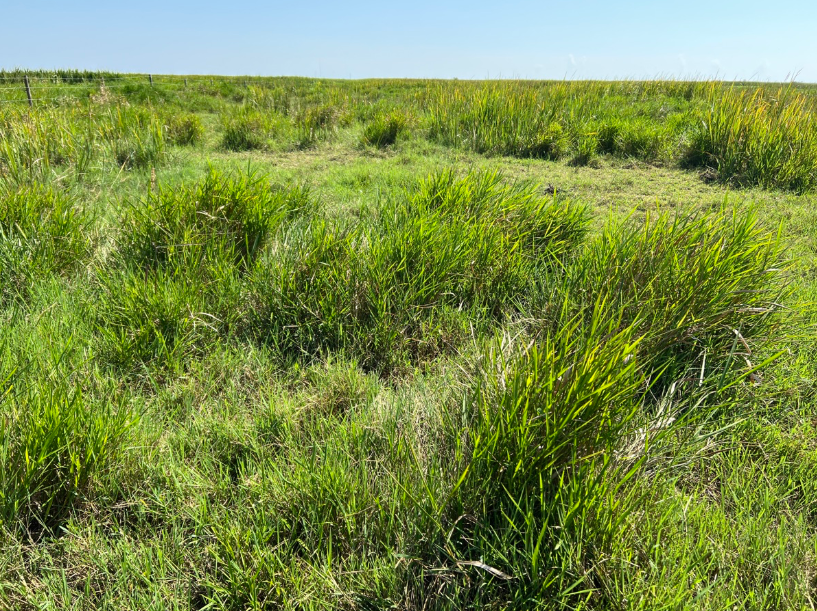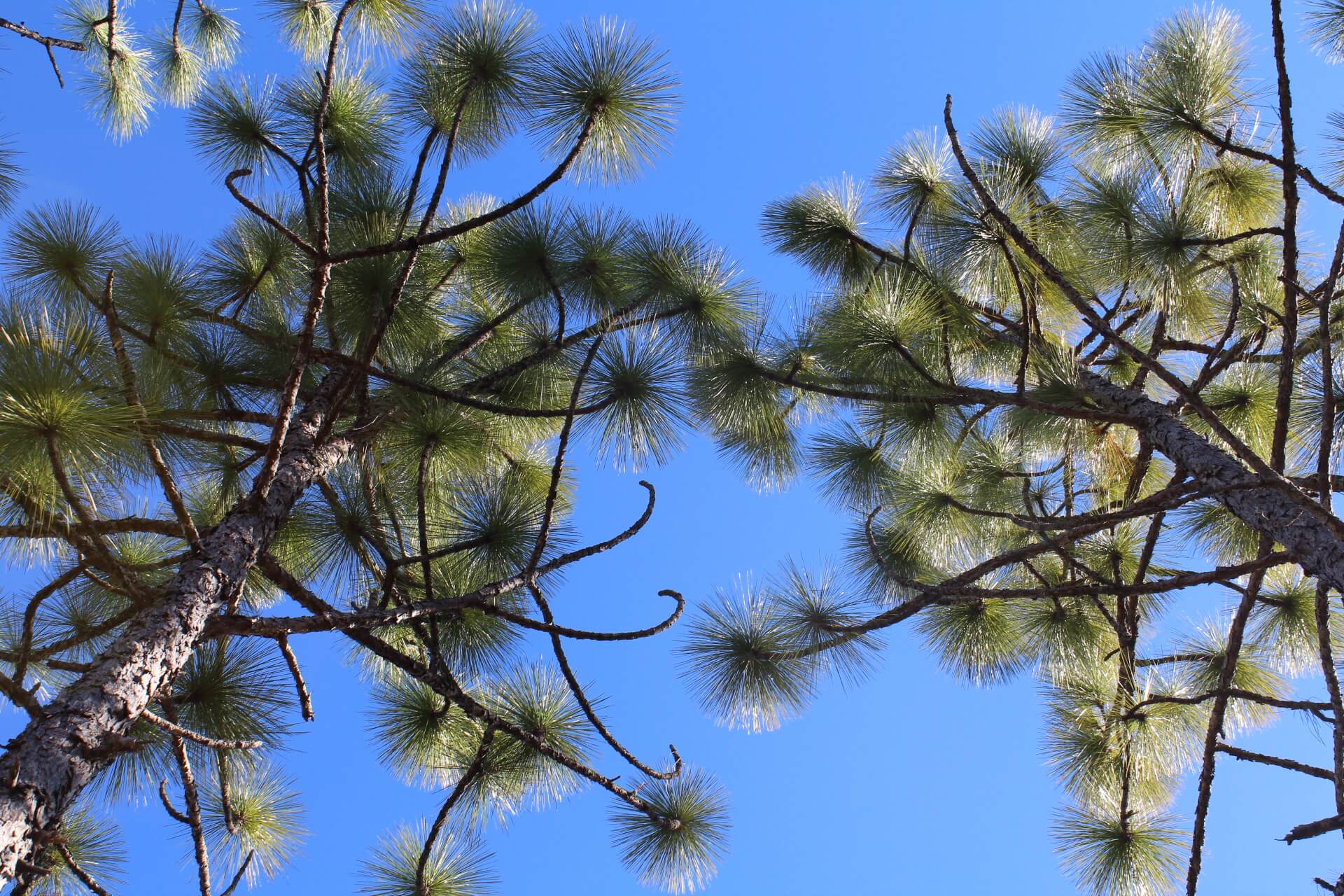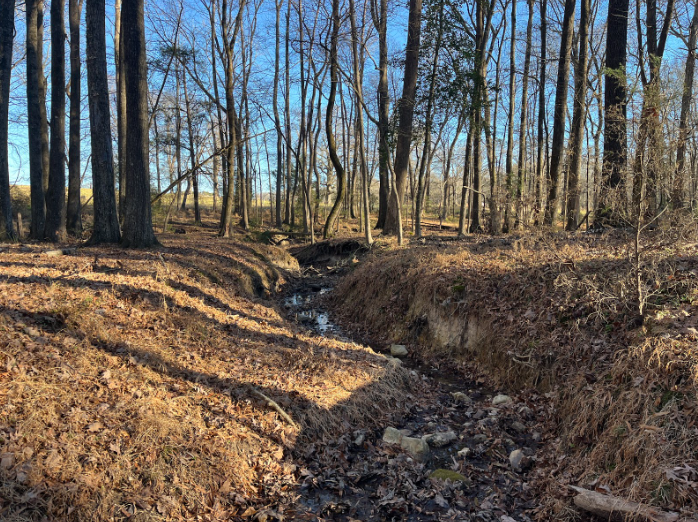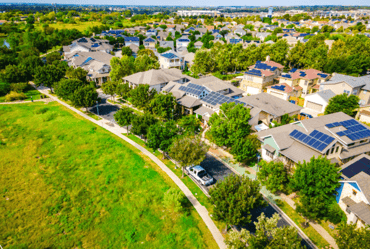 Last year marked a significant turning point for many real estate developers in North Carolina. It was the start of an era where the paths of development and environmental conservation not only met but intertwined, offering a golden opportunity for sustainable growth. There are thousands of acres in development projects across the state that benefited from this new approach and we’re excited to share how others can benefit from it as well.
Last year marked a significant turning point for many real estate developers in North Carolina. It was the start of an era where the paths of development and environmental conservation not only met but intertwined, offering a golden opportunity for sustainable growth. There are thousands of acres in development projects across the state that benefited from this new approach and we’re excited to share how others can benefit from it as well.
The growing alignment between development and conservation is championing a new paradigm in real estate development. This new way blends progress with environmental care in exciting and innovative ways, and we’re excited to carry that momentum into 2024 and beyond. More than ever, the value of blending conservation into real estate development grew too large to ignore for many developers and we’re excited at the continued growth in this space.
Government Funding and Support: A Game Changer for North Carolina
The North Carolina Land and Water Fund (“NCLWF”) was significantly bolstered in 2023, with over $45 million allocated to protect natural areas, waterways, and historical sites. This financial boost isn't just about protecting the natural beauty of North Carolina; it's a clarion call for developers to be part of something bigger.
Imagine integrating sustainable practices into urban projects, playing a part in preserving 16,793 acres of our beautiful state as you provide exciting new developments for commercial and residential real estate. Development isn't just about creating buildings any longer; it's also about nurturing habitats, safeguarding historical sites, and keeping waterways pristine. This is about real estate projects that double as sanctuaries for rare flora and fauna, from secluded recreation areas to homes for species like the Carolina Northern Flying Squirrel and the Red-cockaded Woodpecker.
Economic and Ecological Symbiosis: Growth that Benefits Everyone
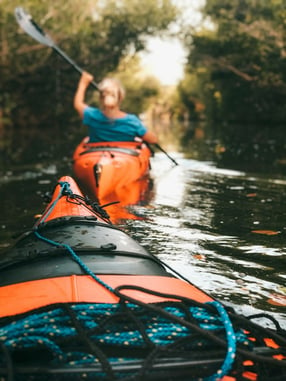 The nexus between conservation and development isn't just a feel-good story; it's a robust economic strategy. North Carolina's outdoor recreation economy, a growing giant at $28 billion, is ripe with opportunities. For developers, this isn't just a chance to contribute; it's a platform to thrive. Envision projects that resonate with the state's love for the outdoors, fostering activities from hiking to boating - opportunities that could add meaningful value to every commercial and residential real estate project in our state.
The nexus between conservation and development isn't just a feel-good story; it's a robust economic strategy. North Carolina's outdoor recreation economy, a growing giant at $28 billion, is ripe with opportunities. For developers, this isn't just a chance to contribute; it's a platform to thrive. Envision projects that resonate with the state's love for the outdoors, fostering activities from hiking to boating - opportunities that could add meaningful value to every commercial and residential real estate project in our state.
This approach is more than a business strategy; it's a commitment to preserving the diverse ecosystems that make North Carolina an ecological jewel while improving our state for everyone. Creating spaces where others can appreciate our beautiful state will only result in more economic growth for everyone to benefit. By conserving and restoring our natural beauty, every current and future resident will be excited to live, work, and do business in North Carolina.
Community and Defense: Conservation Makes Sense for the Military
The scope of these conservation efforts stretches further, touching the lives of local communities and bolstering national security. Engaging in these projects isn't just about green spaces; it's about clean water, thriving wildlife, and the preservation of cultural heritage. This not only inspires pride in our local communities and nation, but preserves the natural beauty and ecosystems that are an important part of making our country great.
The federal military has a strong real estate footprint in North Carolina and until recently, they were banned from donating land to conservation efforts. However, since that law has changed, the allocation of over $6.7 million in grants to protect lands near military installations underscores a profound connection between development, community welfare, and national defense. By stepping into this arena, developers don't just build properties; they build legacies, contributing to the well-being of communities and the security of the nation by supporting our military.
Conclusion: Pioneering a Sustainable Future
The year 2023 was not just another banner page for North Carolina's land developers due to the financial benefits. It was a canvas for innovation, a chance to be pioneers in an era where development began to seamlessly blend with conservation. The state's commitment, mirrored in its generous funding and support, lays down a path for developers to redefine their role.
By embracing these opportunities, they set a precedent, crafting a future where development not only coexists with nature but celebrates and protects it. This is more than development; it's a movement, a journey towards a future where progress and the planet walk hand in hand. We’re excited and proud to partner with residential and commercial real estate developers to integrate conservation into their projects, create value for them and their communities, and blaze a trail to a brighter and healthier future.
We are a trusted partner for real estate developers to integrate conservation into their development strategy
Learn More



